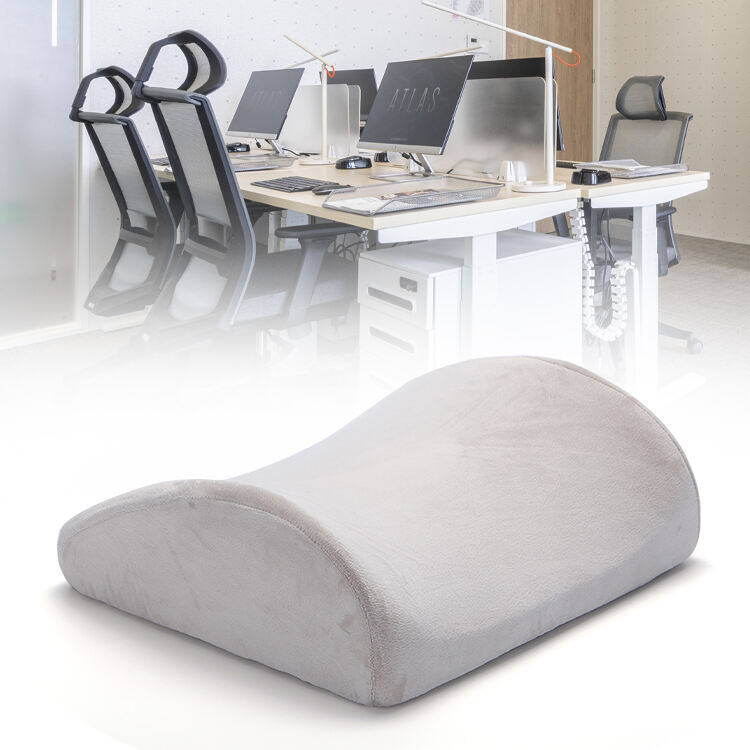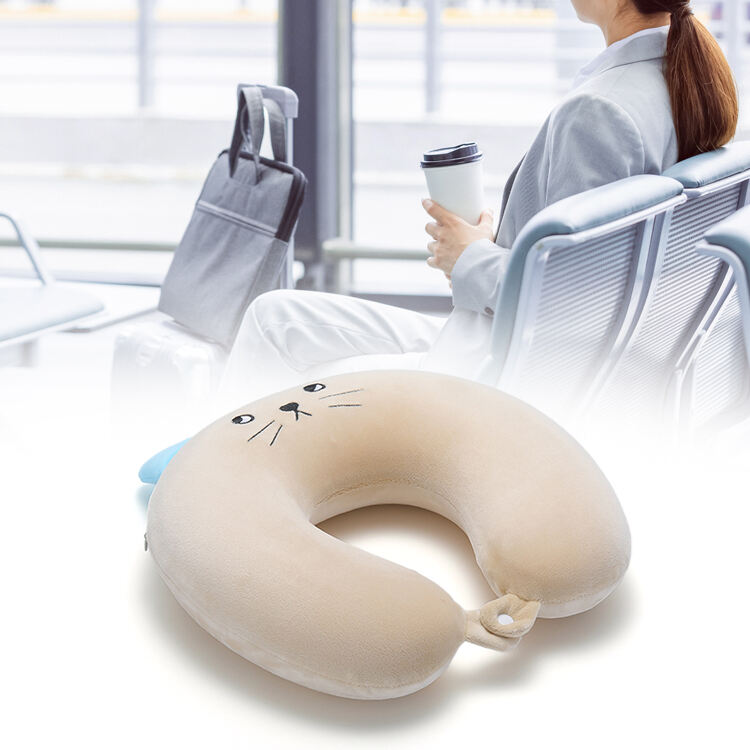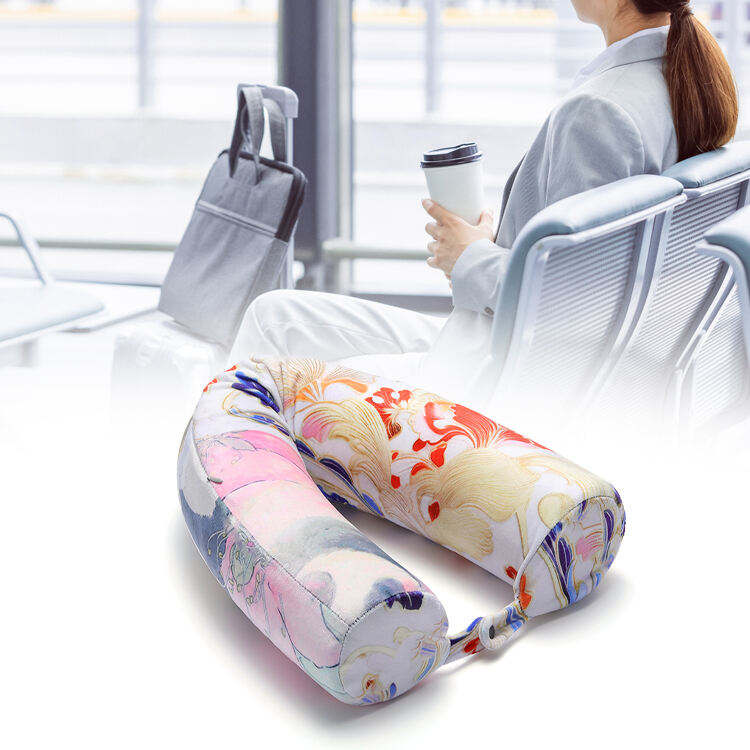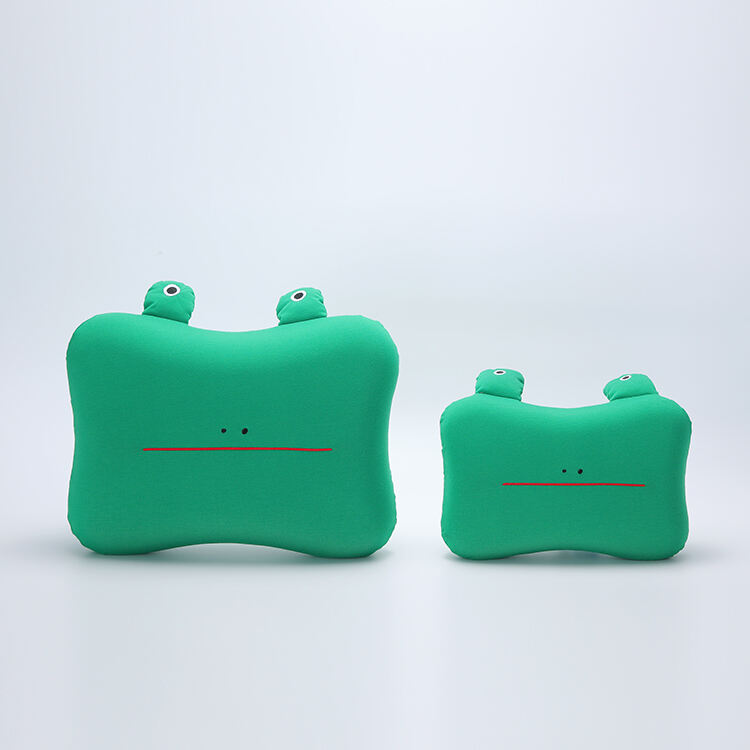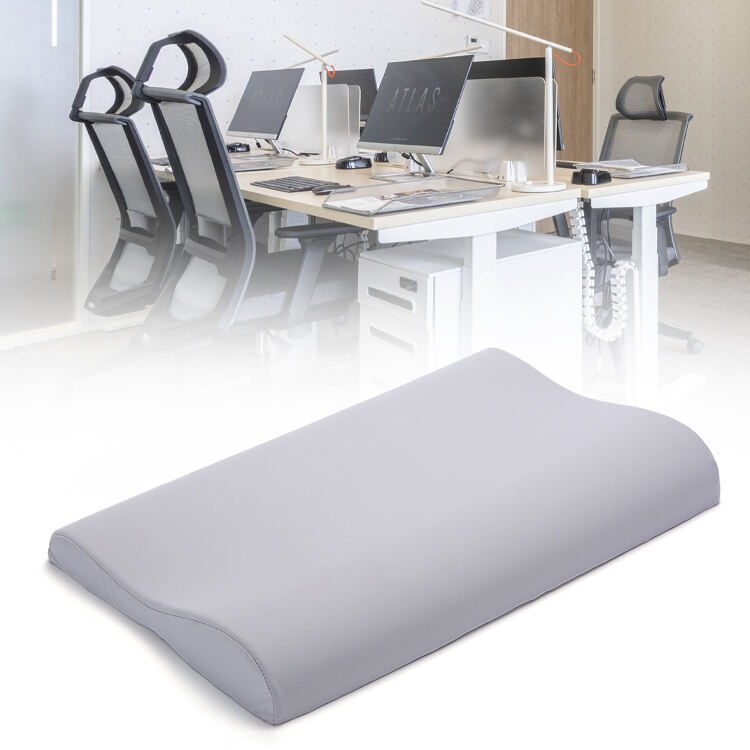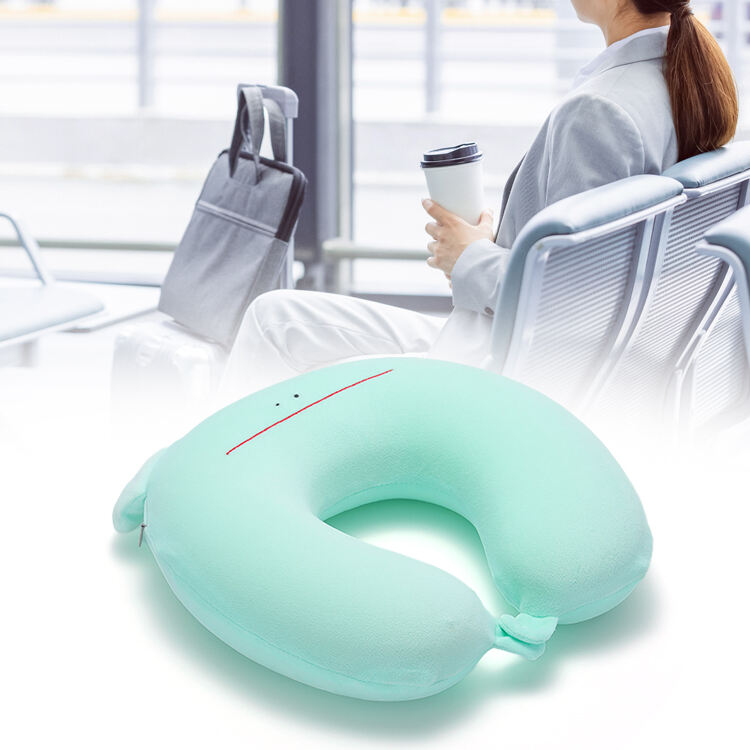The hospitality industry operates in an environment where sleep quality could serve as a fundamental differentiator between establishments that generate loyal customers and those that struggle with mediocre reviews. Hotels, resorts, and vacation rentals may find themselves competing not just on location and amenities, but on the intangible experience of restorative sleep that guests associate with premium hospitality. Soft-filled memory foam pillows address what many industry professionals consider a critical pain point in delivering consistent comfort that aligns with brand promises of luxury and attention to detail.
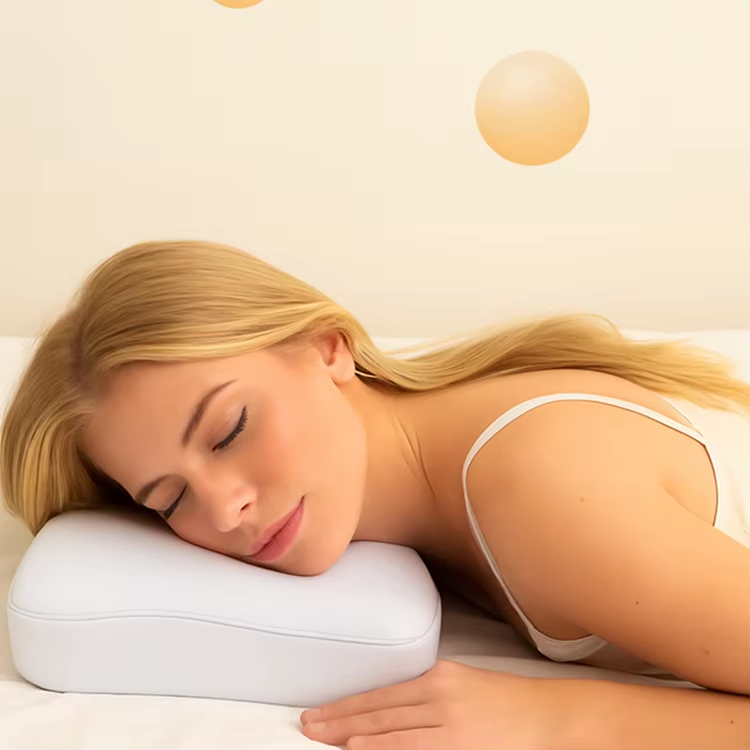
Unlike traditional polyester fills that might lose their supportive properties over time, memory foam could contour to individual neck curves while reducing pressure points that frequently lead to restless nights. For bulk buyers managing hospitality operations, this technical advantage might translate into fewer guest complaints about stiff necks and uncomfortable sleep experiences. The cumulative effect could result in more positive mentions of exceptional sleep quality in guest reviews, the kind of organic marketing that may prove invaluable in competitive hospitality markets.
Building on the foundation of technical performance advantages, forward-thinking procurement managers may increasingly recognize that sleep accessories could serve as silent ambassadors of quality that guests notice and remember. Memory foam pillows offer temperature-sensitive support characteristics that might maintain ideal firmness across different seasonal conditions, a crucial advantage for properties operating in diverse climates where guest comfort expectations remain consistently high.
When paired with hypoallergenic covers, these pillows could create hygienic sleep environments that appeal to the growing segment of wellness-focused travelers who may prioritize health considerations in their accommodation choices. One boutique hotel chain documented a twenty-two percent increase in repeat bookings after upgrading to therapeutic-grade pillows, demonstrating that sleep investments might drive measurable returns that extend well beyond immediate guest satisfaction metrics. This evidence suggests that premium sleep accessories could contribute to long-term customer loyalty and revenue growth.
Transitioning from hospitality applications to retail opportunities, buyers seeking shelf-ready products that could command premium pricing may find value in exploring multifunctional designs that address diverse consumer needs. Retailers might discover that innovative products combining therapeutic benefits with aesthetic appeal could capture market segments that traditional pillows fail to address effectively.
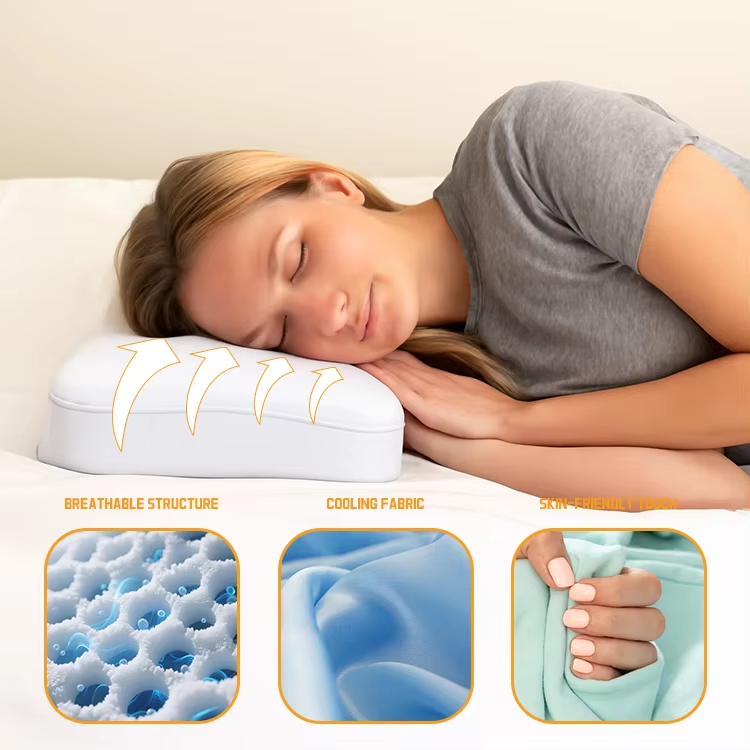
The <a href="https://www.welldo-pillows.com/product-factory-price-oem-slow-rebound-travel-neck-pillow-memory-foam-animal-shaped-elastic-strap-car-neck-pillow"></a> exemplifies this trend by combining orthopedic support with playful animal-shaped designs that might appeal to both practical needs and emotional purchasing drivers. Such innovations could allow buyers to cater simultaneously to airline comfort requirements and child-friendly aesthetics that parents seek when shopping for family travel accessories. Distributors might leverage these unique selling points to penetrate specialized market niches including pediatric clinics, long-haul transit operators, or corporate wellness programs that prioritize employee comfort during business travel.
Large-scale buyers typically require manufacturing partners who could understand branding imperatives while maintaining production efficiency across significant volume requirements. Original equipment manufacturer services may enable businesses to imprint logos on pillow covers or adjust dimensions for specific applications, whether hospital beds requiring anti-bacterial fabrics or first-class airline seats needing slimmer profiles that fit within space constraints.
A European spa chain recently leveraged customization capabilities to adjust memory foam density across three property tiers, creating a graduated luxury experience that might boost ancillary revenue from sleep product sales. This strategic approach documented revenue increases of approximately forty-one percent from retail sleep products, suggesting that thoughtful customization could support both operational efficiency and additional revenue streams that extend beyond core hospitality services.
The global sleep economy's continued growth may demand forward-looking inventory strategies that anticipate evolving consumer preferences and regulatory requirements. Memory foam's compatibility with eco-friendly certifications such as OEKO-TEX and CertiPUR-US could position buyers to meet rising demand for sustainable goods while maintaining the performance characteristics that consumers expect from premium sleep accessories.
A Scandinavian furniture retailer capitalized on this sustainability trend by bundling memory foam pillows with organic bedding sets, achieving approximately eighteen percent higher basket values compared to individual product sales. As consumers increasingly research topics such as "ergonomic sleep solutions for back pain" and "hotel-quality pillows for home use," retailers with aligned inventory might gain organic search visibility while solving genuine customer needs. This dual benefit of meeting consumer demand and improving search visibility could provide sustained competitive advantages in an increasingly crowded marketplace where differentiation becomes essential for long-term success.
